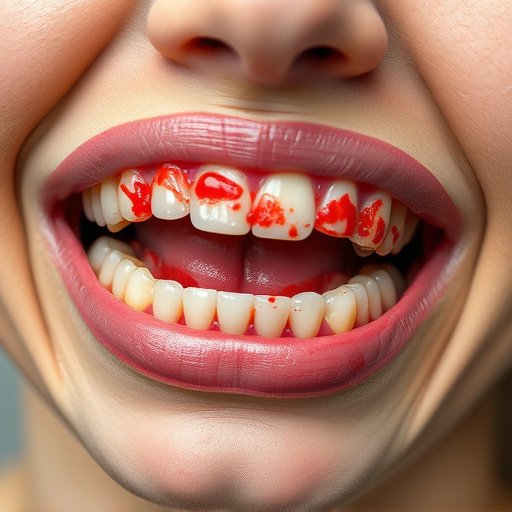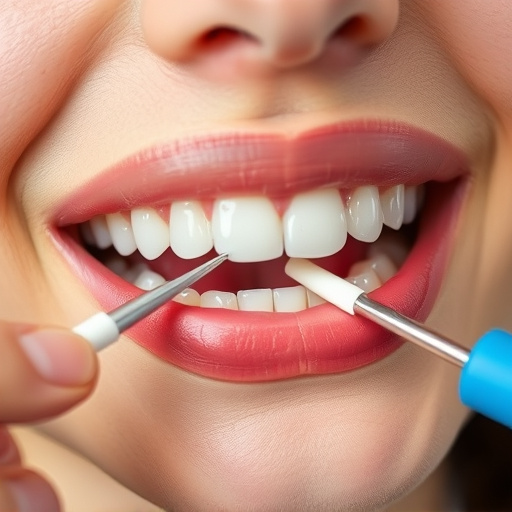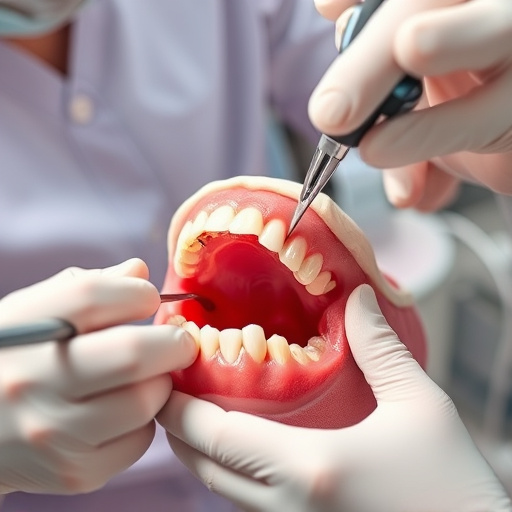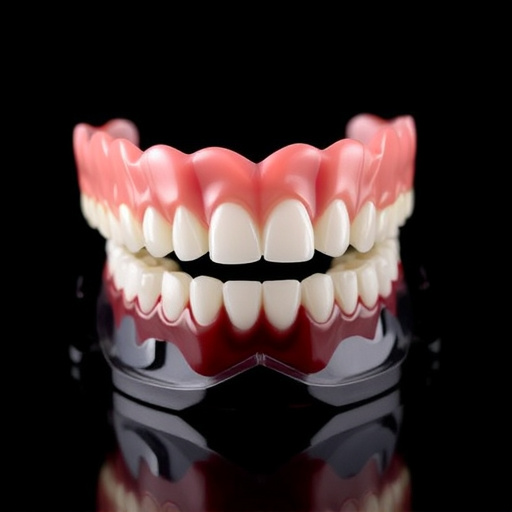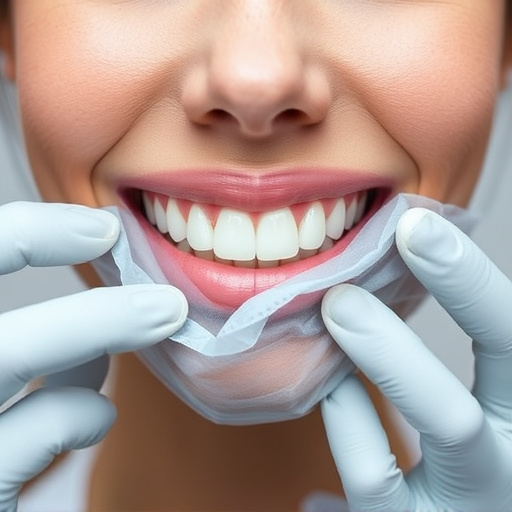Delaying teeth grinding treatment can cause severe dental damage, chronic pain, and costly repairs. Early intervention through preventive dentistry and regular visits mitigates these issues, promotes long-term oral health, and prevents complications like enamel erosion, fractures, and headaches. Family dentistry practices offer tailored solutions like mouth guards or behavioral therapies for prompt relief and cost savings.
Delaying teeth grinding treatment can lead to a cascade of negative effects. Initially, it may result in increased discomfort and jaw tension. Over time, chronic teeth grinding exacerbates dental issues like tooth erosion, chipping, and misalignment. Long-term health implications include temporomandibular joint disorder (TMJ) and heightened risk of headaches and neck pain. Potential complications and cost increases stem from advanced damage, requiring more intensive and expensive treatments. Don’t let delay hinder your path to a healthier smile; seek professional help promptly for effective teeth grinding treatment.
- Short-Term Effects of Delaying Treatment
- Long-Term Health Implications
- Potential Complications and Cost Increases
Short-Term Effects of Delaying Treatment

When it comes to teeth grinding treatment, delaying addressing this issue can lead to a cascade of short-term effects that compound over time. Initially, individuals may experience heightened levels of dental pain and sensitivity, as the continuous grinding can wear down tooth enamel, exposing the underlying dentin and making teeth more susceptible to decay and damage. This is especially concerning for those who already have pre-existing dental conditions or are prone to cavities.
Moreover, delaying teeth grinding treatment can exacerbate existing oral health problems. The pressure exerted during nocturnal grinding can lead to chronic jaw pain, headaches, and even facial muscle stiffness. If left unaddressed, it may contribute to the development of temporomandibular joint (TMJ) disorder, affecting not just dental health but also overall quality of life. Preventive dentistry and regular family dentistry visits play a crucial role in identifying and managing teeth grinding early on, thus mitigating these short-term effects and promoting better long-term oral health outcomes.
Long-Term Health Implications
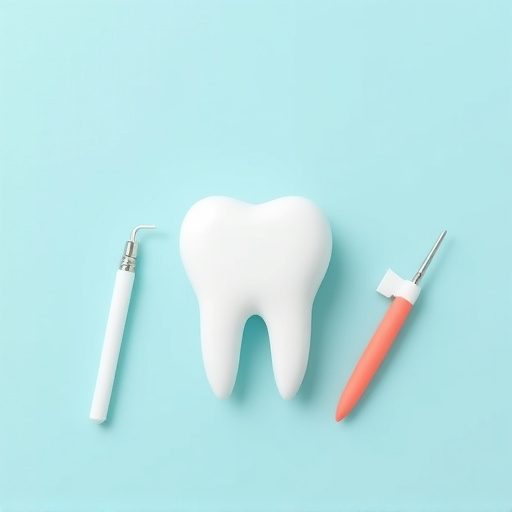
Unaddressed teeth grinding, or bruxism, can lead to a range of long-term health implications. The constant clenching and grinding can cause significant wear and tear on your teeth, resulting in tooth enamel erosion and increased risk of dental fractures. Over time, this can expose the inner layers of your teeth, leading to sensitivity and potential infection. Furthermore, bruxism is linked to various systemic health issues like chronic headaches, jaw pain, and even heart problems due to the heightened stress response it triggers.
Regular routine oral exams play a crucial role in early detection of bruxism-related damage. Through periodic assessments, dentists can monitor your dental health and recommend appropriate teeth grinding treatment options, such as custom-fitted mouthguards or behavioral therapy. Addressing bruxism promptly not only mitigates long-term dental issues but also contributes to overall well-being by alleviating associated physical discomforts. Additionally, if tooth repair becomes necessary due to grinding damage, procedures like cosmetic fillings can help restore both function and aesthetics.
Potential Complications and Cost Increases

Delaying teeth grinding treatment can lead to a range of potential complications that extend beyond discomfort and mild dental damage. As the condition worsens, it may result in more severe tooth wear, chipping, or even fractures. The constant grinding can also cause inflammation and tenderness in the jaws, leading to chronic facial pain and headaches. Additionally, long-term neglect might require more intensive and costly procedures for tooth repair, including crown placements or, in extreme cases, dental implants.
Family dentistry practices often offer a variety of teeth grinding treatment options tailored to different age groups, from children’s dentistry to adult care. Addressing the issue promptly can prevent these complications and potentially save money in the long run. Instead of facing extensive and expensive restorative work, timely intervention through proper mouth guards or behavioral therapies could be all that’s needed to preserve a healthy smile for years to come, ensuring optimal oral health within your family dentistry routine.
Delaying teeth grinding treatment can lead to a cascade of negative effects, from acute discomfort to long-term oral health issues. As time progresses, untreated bruxism may result in increased costs for more intensive treatments and higher risks of complications. Recognizing the importance of prompt action is crucial for preserving dental health and well-being. Seeking specialized care for teeth grinding treatment can help mitigate these risks and restore peace of mind.








